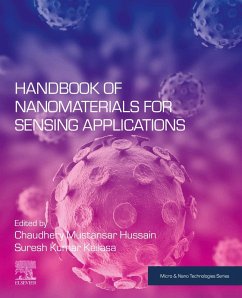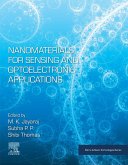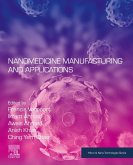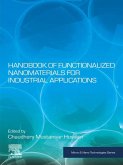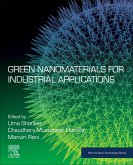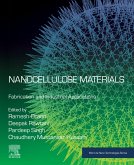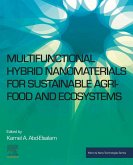The pof miniaturized device components and engineering systems of micro- and nanoscale is beyond the capability of conventional machine tools. The production of intelligent sensors at nanometer scale presents great challenges to engineers in design and manufacture. The manufacturing of nano-scaled devices and components involves isolation, transportation and re-assembly of atoms and molecules. This nanomachining technology involves not only physical-chemical processes as in the case of microfabrication, but it also involves application and integration of the principles of molecular biology.
- Explains how the functionalization of nanomaterials is being used to create more effective sensors
- Explores the major challenges of using nanoscale sensors for industrial applications on a broad scale
- Assesses which classes of nanomaterial should best be used for sensing applications
Dieser Download kann aus rechtlichen Gründen nur mit Rechnungsadresse in A, B, BG, CY, CZ, D, DK, EW, E, FIN, F, GR, HR, H, IRL, I, LT, L, LR, M, NL, PL, P, R, S, SLO, SK ausgeliefert werden.

